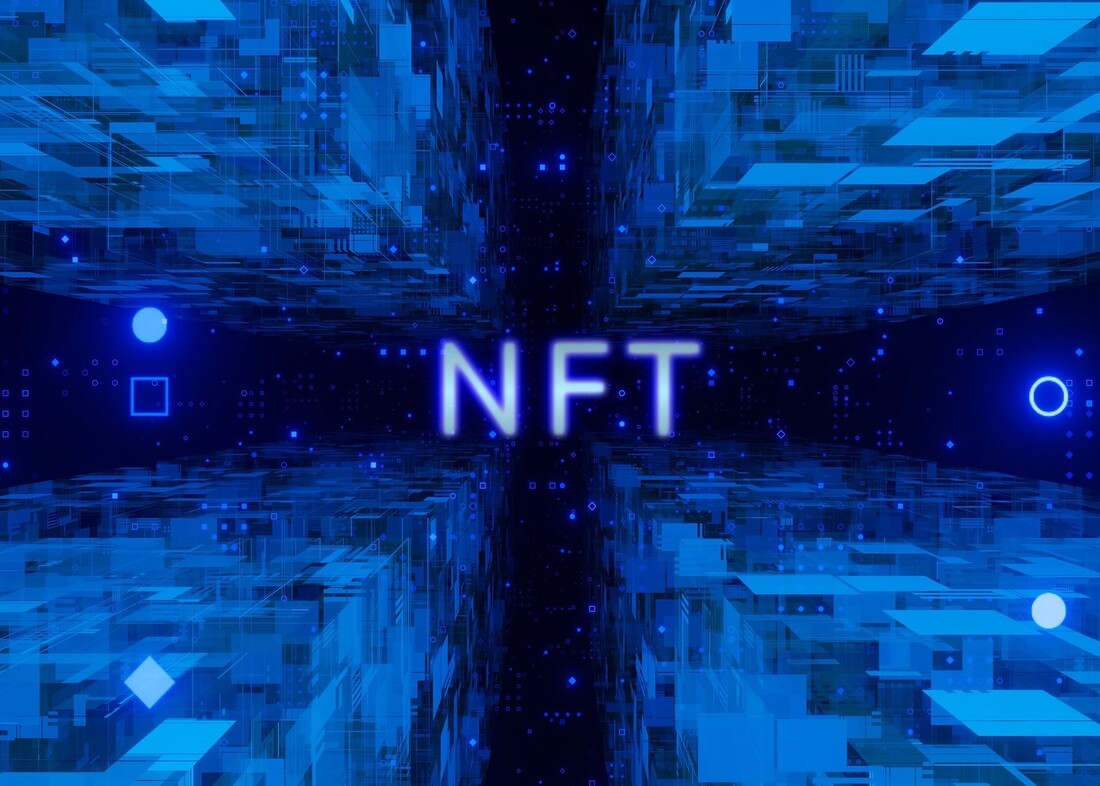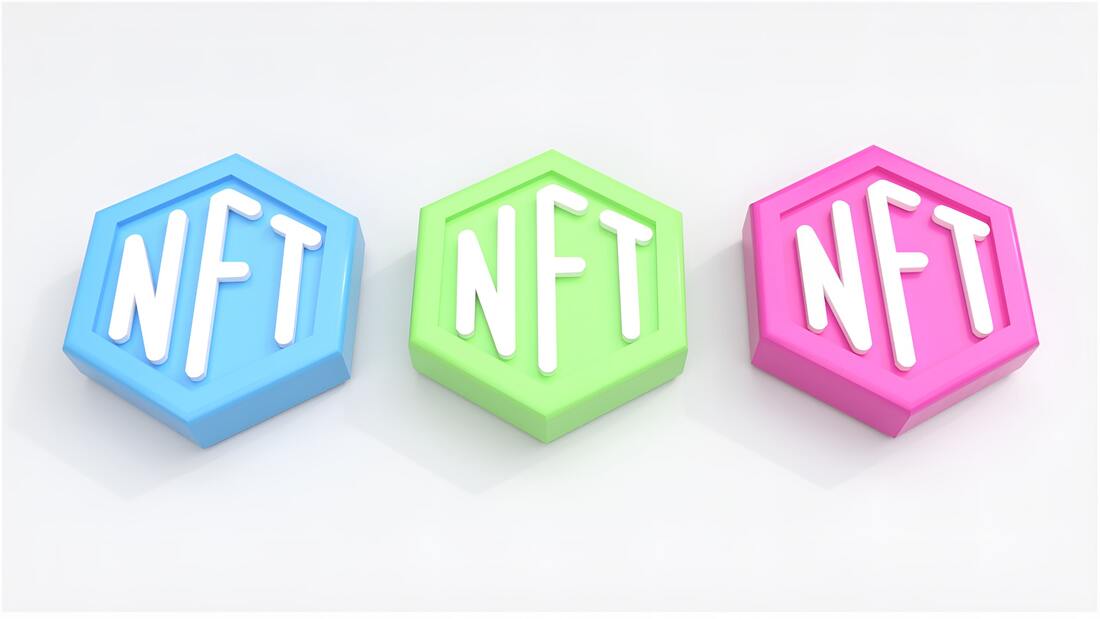NFTs are digital assets that are stored on a blockchain. Unlike fungible tokens (which can be exchanged for other tokens of the same type), each NFT is unique and cannot be replaced by another token. NFTs can be used to represent items that are rare or have a unique value.
Some common examples of NFTs include crypto art, digital collectibles, and in-game items. However, there is a wide range of other use cases for NFTs. For instance, you can also use them to represent real-world assets like property deeds and event tickets.
How Do NFT Marketplaces Work?
NFT marketplaces work in a similar way to traditional online marketplaces. They allow buyers and sellers to connect and trade NFT Projects; however, a few key differences set NFT marketplaces apart from traditional marketplaces.
One of the most important differences is that NFT marketplaces use blockchain technology. This means that all of the transactions that take place on the marketplace are stored on a public ledger. This offers several advantages, including increased security and transparency.
Another key difference is that NFT marketplaces usually allow buyers and sellers to trade directly. This contrasts traditional marketplaces, which typically use intermediaries (such as marketplace operators or a third-party seller) to facilitate transactions.
This offers several advantages, including lower fees and faster transaction times.
Finally, NFT marketplaces usually have built-in support for digital wallets. It allows buyers and sellers to store their NFTs in a secure place and trade them with each other directly. You don't have to worry about losing your NFTs or stealing them, as they will be stored safely in your digital wallet.
What Are the Benefits of Using an NFT Marketplace?
Several benefits come with using an NFT marketplace. One of the most important benefits is that it offers increased security and transparency. All of the transactions that take place on the marketplace are stored on a public ledger. There is no way for buyers or sellers to tamper with the transaction data.
Another key benefit is that NFT marketplaces usually have lower fees than traditional online marketplaces. This is because there is no need for an intermediary to facilitate transactions. Additionally, NFT marketplaces often allow buyers and sellers to trade directly with each other, which further reduces fees.
Finally, NFT marketplaces offer increased convenience. They usually have built-in support for digital wallets. Buyers and sellers can store their NFTs securely and trade them with each other directly.
Problems With NFT Market Places
Another key issue is usability. Currently, most NFT marketplaces have a learning curve and can be difficult to use. This needs to be improved if NFTs become more widely adopted.
NFT marketplaces offer many advantages compared to traditional online marketplaces. They are more secure and transparent, have lower fees, and are more convenient. If you are new to the world of NFTs, take time to learn about them and find the right marketplace for you.











